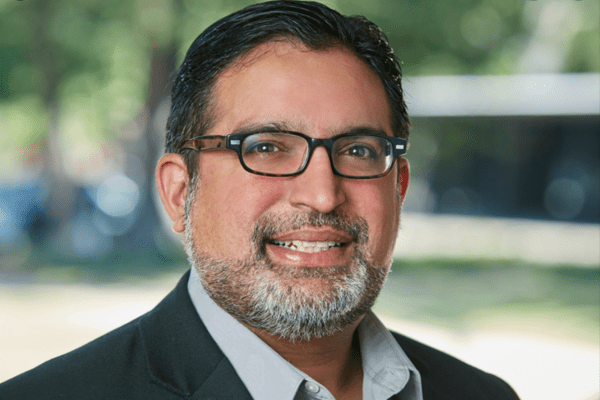Neil Sequeira was a managing director with General Catalyst for more than 13 years before co-founding early-stage firm Defy several years ago with another veteran of the industry, Trae Vassallo, who’d spent the dozen years prior with Kleiner Perkins.
We caught up with Sequeira yesterday afternoon and discussed whether he’s seeing valuations come down and whether he can imagine funding founders who may have an exciting pitch but is unable to meet in-person due to the pandemic.
Our chat has been edited for length.
TechCrunch: How are you, all things considered?
Neil Sequeira: We’ve been pretty busy at home. Obviously, my kids are home, homeschooling and my amazing wife is with them.
At work, we’ve been really busy. We have multiple term sheets out that we’ve done since the stay-at-home order [in the Bay Area] and I actually live within walking distance of my office, where I’m alone but it ends up being like a home office because it’s so close. And it’s great because my kids have been going bonkers.
How are your companies faring?
Because our portfolio isn’t too large yet — having established the firm three years ago — we have a manageable portfolio where we kind of have red companies, yellow companies and green companies. I’d say right now it’s probably 25% red, 50% yellow, about 25% green. And so we have some time managing those.
But it’s also a unique time to really support entrepreneurs and back entrepreneurs, and we have four term sheets out, including two that we’ve already wired [funds to] in the last three weeks and a couple that should close in the next week. So we’ve been busy looking at new opportunities and supporting entrepreneurs during this time.
I’m assuming you knew each of these founders before we all went into lockdown. Are you talking with new founders via Zoom? Do you see being able to make brand-new deals right now while we’re all trapped at home?
In every case when we’ve been able to move really quickly, we’ve actually known the founders for the most part for a decade. This might be their new project, or it might be someone we’ve backed previously, and so that makes a huge difference.
I’m actually hearing it from our companies who are in market that venture firms are looking around and trying to make a decision — probably for the first time — if they’re going to lead a round to financing without actually having met the team. In this industry, that is a really hard thing to do because our business is all relationship-based. And if you haven’t spent the time getting to know someone, having lunch with them, even getting to know their family in most cases, it’s really hard to make that decision. So it’s difficult If you don’t have some history with an individual for a firm to really change their process, which usually includes a face-to-face meeting, if not multiple face-to-face meetings; it can be quite difficult in this market.
Do you see valuations coming down? Are you seeing deals at a discount? If so, how big a discount?
It’s interesting. I’ve had this discussion with a few people. If you want to be in this industry, because it’s a relationship-driven but also a reputation-based business, these aren’t the moments to take advantage of people. It’s really the moment to get involved in companies and people you love, where there weren’t opportunities before. Making a fair deal will always suit you better than taking advantage of anyone.
If you’re in this for a short period of time or you want to be opportunistic or maybe you’re in a different asset class and you’re interested in some exposure to venture and you see some bargains, that’s your choice. And there will be investors who do that. A lot of people call them vulture investors. But when times change and things get better, those are the folks who people don’t want to partner with down the road.
We’ve seen a couple of our portfolio companies have term sheets pulled, and the good news is, in those cases, the companies have plenty of runway. Most of our companies have over 18 months of runway, so we feel pretty good about their ability to get through this. But it’s a unique time in that people do sometimes take advantage. And that’s just a reality of any down market; it doesn’t matter what it is.
